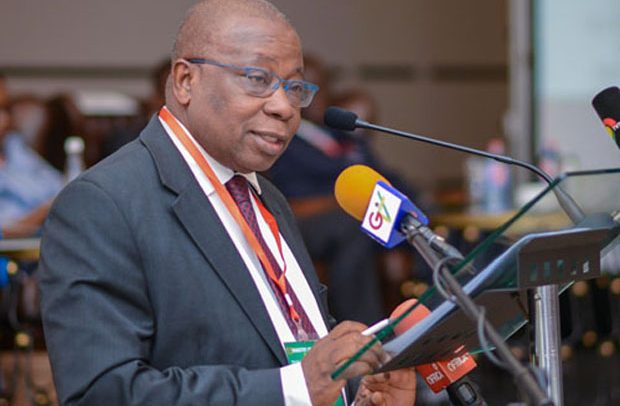Kwaku Agyeman-Manu
The Minister-designate for Health, Kawaka Agyeman-Manu, has called for an increase in the annual premium paid for health insurance to make the National Health Insurance Scheme (NHIS) sustainable.
Appearing before the Appointments Committee of Parliament to be vetted, the minister-designate said the cost of health care continues to escalate, while premium payment “has been stagnant for a very long time” since the establishment of the scheme.
“And if you look at actuarial studies financially, these schemes that we are running, if you don’t find a way to bring in some extra resources, either through increment in premium or through more government resource allocation to support the scheme, going forward we might not continue to see its efficient performance,” he told members of the Appointments Committee yesterday.
He continued, “But I foresee that it is a very good programme that should continue to run in this country and therefore all of us as parliamentarians have to put in whatever efforts we can make to enable the executive or government to continue to support the schemes.”
Answering questions on the sustainability of the NHIS, Mr. Agyeman-Manu said the scheme would be sustainable to the extent that the Ministry of Health would continuously get releases from the Ministry of Finance as it had been receiving in the last four years.
“If that happens, then I will say we will always have resources to be able to meet our reimbursable expenditures from the health facilities. If that doesn’t happen, it is likely we may go back to the same old problem of accumulating arrears that will hamper the efficient performance of the NHIS,” he posited.
Premium
On which of the premiums to be increased, the minister-designate indicated that it was his expectation that both the levy and premiums that were paid by individuals were increased to commensurate with the cost.
For him, the component paid by the Social Security and National Insurance Trust (SSNIT) should not be increased since SSNIT was part of people’s pensions, and said “I beg to say if I become part of those who will take that decision, I will fight and advocate that we don’t touch it at all.”
He affirmed that part of the releases from the Ministry of Finance to offset the NHIS debts included bonds “because there were debts without money sitting in finance to pay.”
“The areas that were left for us to inherit, we did not have monies that were supposed to come from finance. The Ministry of Finance couldn’t use current levies to pay for debts of levies that were collected, and probably reallocated somewhere else.”
“That was why the minister had gone for bonds. It was part of our suggestions because we needed money to ensure that health insurance continued running. It is close to about GH¢400 million. I am not very sure but I can cross-check and give you the exact amount,” he stated.
By Ernest Kofi Adu

